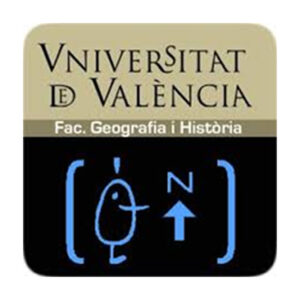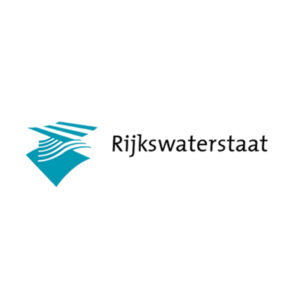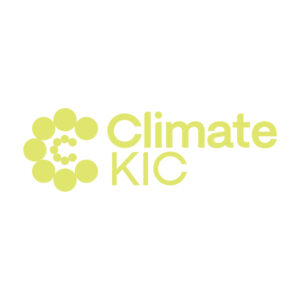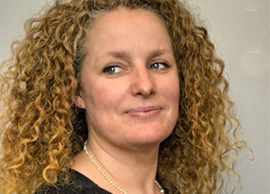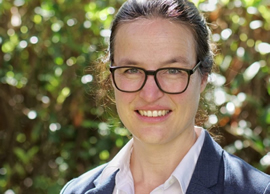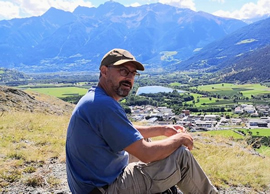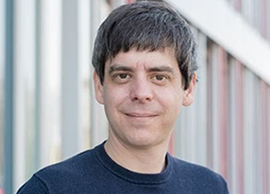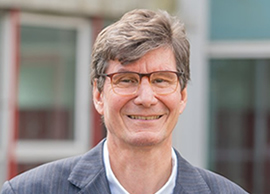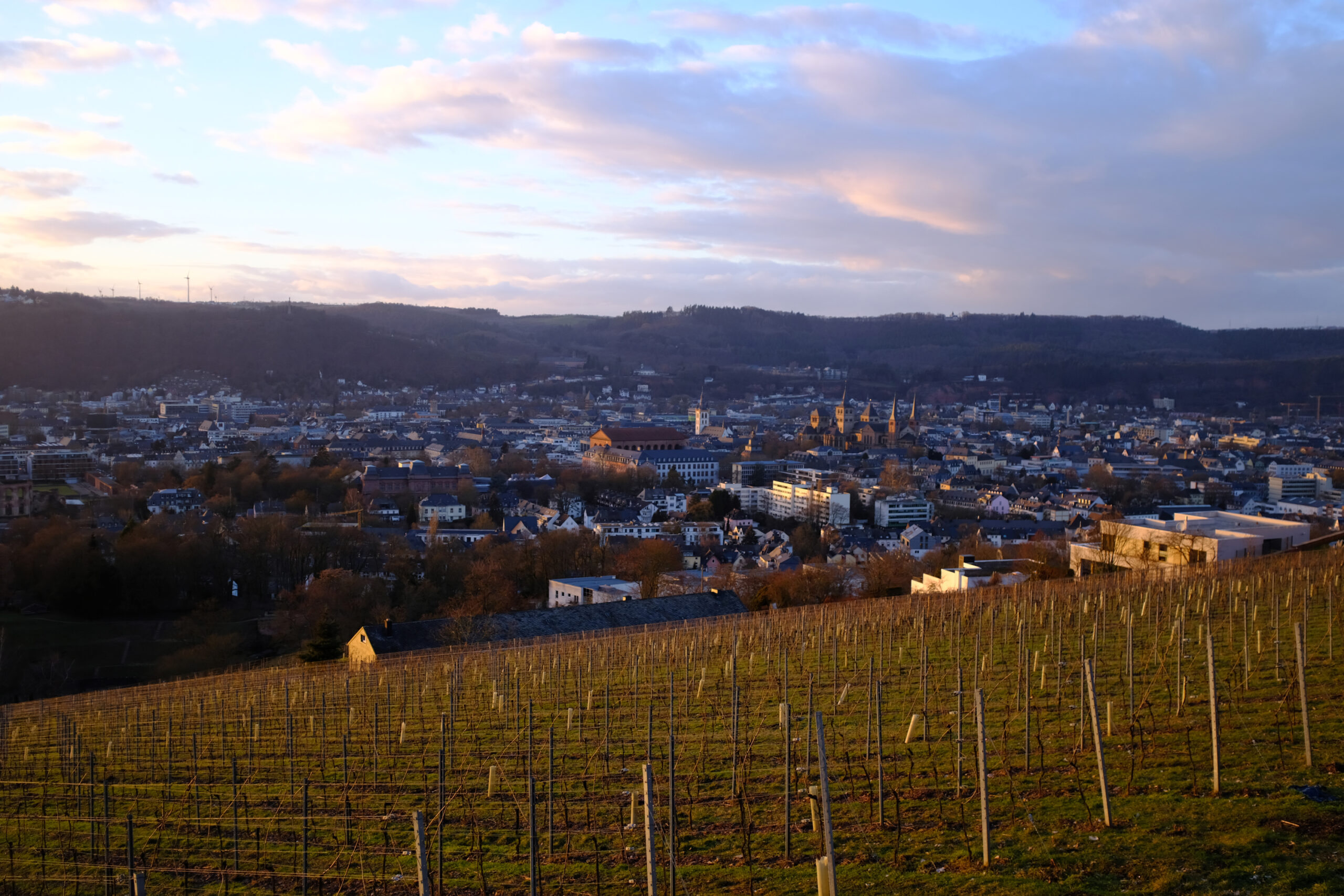
to facilitate the transitions for living within the planetary boundaries
1st February 2026
1st March 2026
Opening of abstract submission system
15th July 2026
Deadline for oral presentation abstract submission
25th July 2026
Notification of abstract acceptance
1st September 2026
Deadline for poster presentation abstract submission
Supported by
Themes
AN: Nature based solutions for agriculture and natural areas (soil, water and landscape)
NH: Nature based solutions for natural hazards (fire, floods and droughts)
UR: Nature based solutions for land and water management in urban and industrial areas (soil, water and spatial planning)
MET: HOW TO MEASURE PROCESSES AND IMPACT OF NBS (AI, RS, etc.. )
SB: Science brokers for transitioning to a climate resilient and circular society
Mission statement
Our Planet suffers from human activities. Agriculture, cities, nature and industries all need to transition to address the challenges related to climate, biodiversity and resource availability. More and more scientific and practical evidence arises that shows that nature-inclusive and nature-based solutions allow mankind to live within the planetary boundaries. Despite the evidence, NBS are still not the first choice when looking for transformative solutions for agriculture, nature, cities and industry.
To create the enabling conditions for the transition towards a society that stays within the planetary boundaries, it is needed that scientists, policy makers, financial institutes and industry join forces.
This conference aims to provide a platform for a broad range of stakeholders that together can exchange experiences and identify new transformational pathways towards a sustainable society within the planetary boundaries. TERRAenVISION promotes the exchange of scientific research, solutions from industry and insights from policy for interdisciplinary collaboration and networking. To facilitate the dialogue between scientists and stakeholders with the same goal, work on the same societal issue but with different backgrounds. By bringing the people and their knowledge together, we may be able to take the steps towards solutions that can bring our society to a more sustainable situation. In this conference, we want to link to International policies such as the Sustainable Development Goals, the UN Climate conventions, the Green Deal, COP and CAP.
This conference is framed around themes which are connected to the big transitions of our time. Each theme is kicked off by two plenary keynote speeches of 20 min, followed by a discussion. After the plenary session, various parallel sessions will be organised.
We want to stress that this conference is not only for scientists, but also for those people from outside the scientific world working on transitions towards climate mitigation and adaptation, sustainable cities and agriculture and a circular economy with a focus on the sustainable use and management of the natural system.
Keynote speakers
Bertram de Rooij
Gera van Os
Bob Klein Lankhorst
Fransje Hooijmeijer
Birgit Peters
Carla Sofia Ferreira
Organizing committee
Manuel Seeger
Thomas Iserloh
Johannes Ries
Artemi Cerda
Margot de Cleen
Saskia Keesstra
Ioannis Daliakopoulos
Scientific Committee
The Trier University (German: Universität Trier), in the German city of Trier, was founded in 1473. Closed in 1798 by order of the then French administration in Trier, the university was re-established in 1970 after a hiatus of some 172 years. The new university campus is located on top of the Tarforst heights, an urban district on the outskirts of the city. The university has six faculties with around 470 faculty members. In 2006 around 14,000 students were matriculated, with 43.5% of the student body male and 56.5% female; the percentage of foreign students was approximately 15.5%.


